Buddhist Thought and The Self
Let’s see, in Buddhist thought, the first order of learning is your own self realization. The second order of learning is from your “guru” if you have one – your teacher. And the third order… Is sensei used in that?
Sensei is more used in martial arts. I didn’t know that. That is cool. Okay. But they’re still a teacher role.
Yeah. They’re definitely a teacher role. Thanks for that.
And in Tibetan Buddhism they are called lamas and rimpoches
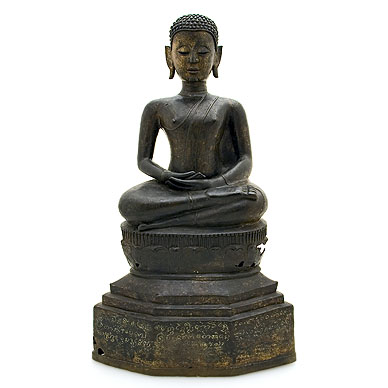
depending on whether they have a past life or not which is an interesting thing to explore at some point, but it’s not one of my primary things I want to explore.
The teacher is your second line of knowledge and the scripture is your third line.
And scripture hardly counts at all in Buddhism. Whereas in most other religions, it’s the word that counts. And your own experience… In all the others.
Yeah, in all the others. They trump anything you experience.
Yes. So I think that was the main attraction to Buddhism for me was I have my own experience of what I think is right and what is wrong. And my own experience of how I can be a more compassionate loving person. And I try to live by these it’s called sila or ethics by these principles.
So okay so then the next idea that really is important to explore is the nature of the self. And according to Buddhists thought and the self is empty. I am empty of an independent existence because I am made of everything that is not me.
This piece of paper, can you see the sunshine in this paper? That’s how Thich Nhat Hanh explains it. And he says, if you can see the sunshine in this paper, you can see that it is empty of independent existence.
Because without the sun to make the trees, to make the loggers who make the paper mill, etc. all the interconnections that get the paper into my hands, there’s no independent existence. So this leads to an interesting idea that … Give me an example of what an independent existence would be.
I can’t. I don’t know how to give you an example. Well I can give you an example. If you take an isolated bubble chamber that has data that you extract out of it, right. It’s an isolated system. I guess that might have… The best experiments are designed in just that way.
Yeah. The best experiments are designed to be…you know when you get down to on theory, you can’t really tell the position and velocity of an electron no matter how hard you try. Right, so you answer all the questions that you can.
Yes, exactly. So the idea of not, of emptiness means that a person or a piece of paper, a desk, a lamp, they don’t have an independent existence. But what is the meaning… what is the value of having that perspective?
The value is this.
Here we are, you and I sitting. I think I probably know much more about you than you know about me. But I really don’t know that much more about you and I just admire all of the shows that I’d seen you do.
And I felt that I wanted to speak to you and I had to see what happened. So now there’s sort of a transference in which we have a communication going.
But if you take the senators and the congressmen they have their own ideas that they are separate from everybody else and they only work for the betterment of themselves. You have a problem.
And I’m saying that the understanding of not having an independent self or being empty of an independent self, gives people a perspective in which they’re more cooperative, they love to share. So it puts a behavior on them.
It does. I had a little difficulty with this one because I know that science requires isolated systems. Isolated as its…
As it’s possible. The more isolated it is the more reliable the result is.
Right. When you try to put together multiple systems like the ecology we’re referring to, you have events of a lot of trouble. Because mathematically it’s virtually intractable.
But the computer simulations can figure out how the microwave background radiation maps the locations and the strengths of the streams of galaxies in the inter web there. I’m so impressed with that work. But they can’t map the weather for 30 minutes. Five days
Five days. I thought that was going to be thunder storms. I looked on the internet before I left Tampa and said oh no, there’s going to be thunder storms. Look at the weather; I must have thought sunshine in California and Florida. Well there might have been. That’s where it was pretty local. And the first principle is what did you say?
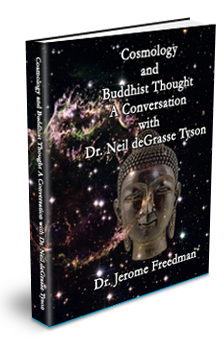



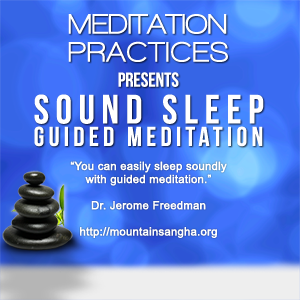

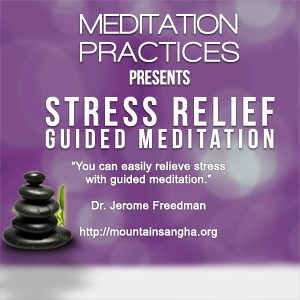


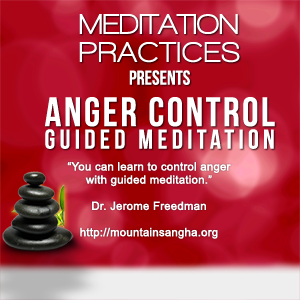
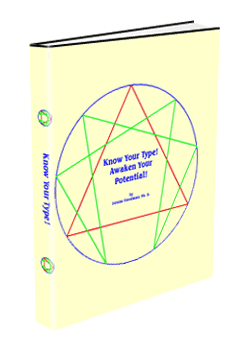
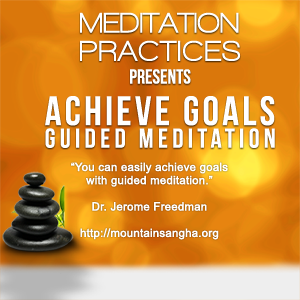
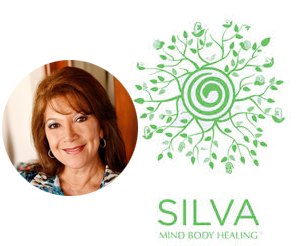
I’m very impressed with Neil deGrasse Tyson and his work, but I must say – in this interview he comes off as rather rude at best. it’s quite a letdown. I think if he bothered to read about Buddhiat cosmology, he’d be amazed at what he found. No other religion even touches the scale
and scope of the cosmos as (Tibetan) Buddhism. It is probably the one place where religion and science make the most sense together – which is quite rare. In any case, a real seeker of knowledge in any field seeks knowledge with an open mind. The greatest minds in history were laughed at, scoffed, jailed and worse – and we should know better now. Afterall, if you went back in time with an ipad and showed someone an episode of “Cosmos” (LOVE that show, by the way – you’d likely be jailed, tortured and then killed for witchcraft. Being skeptical is always smart but saying “well that explains everything so it’s useless knowledge” is just being downright silly and incredibly biased. This interview reeks of a science vs. religion stance and Buddhism simply cannot be lumped in with the other major religions in that as Einstein himself acknowledged, it makes a lot of sense scientifically speaking. Then again, they laughed at Einstein too.